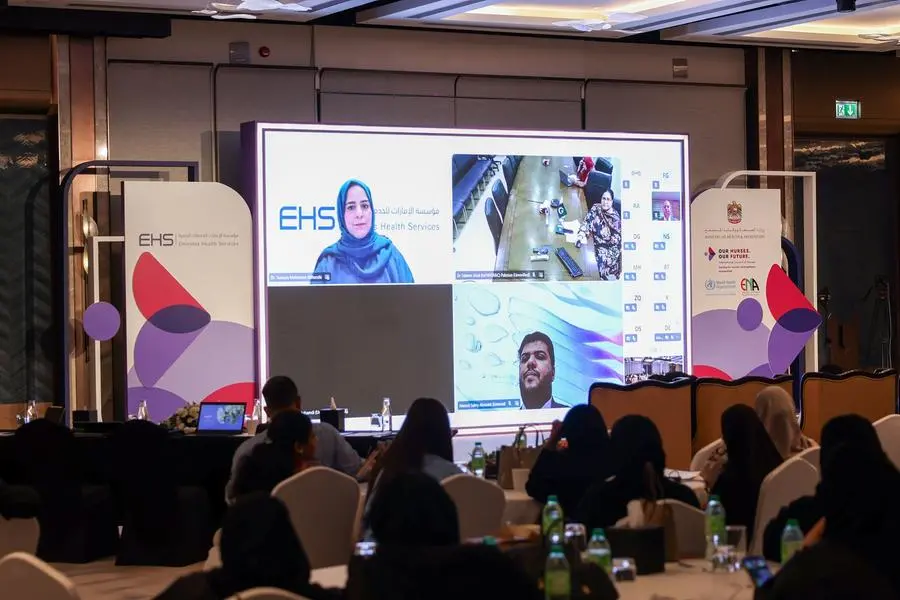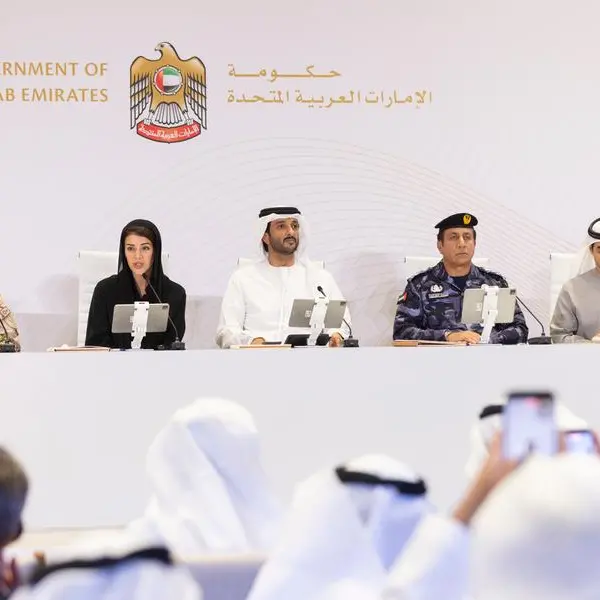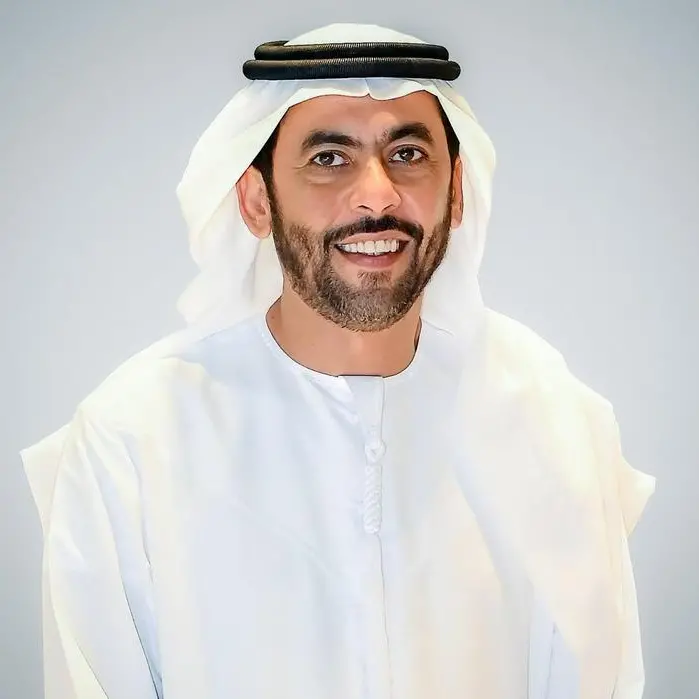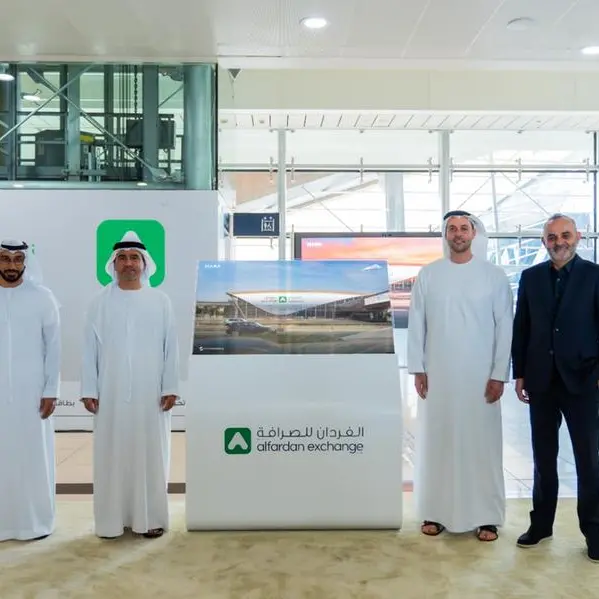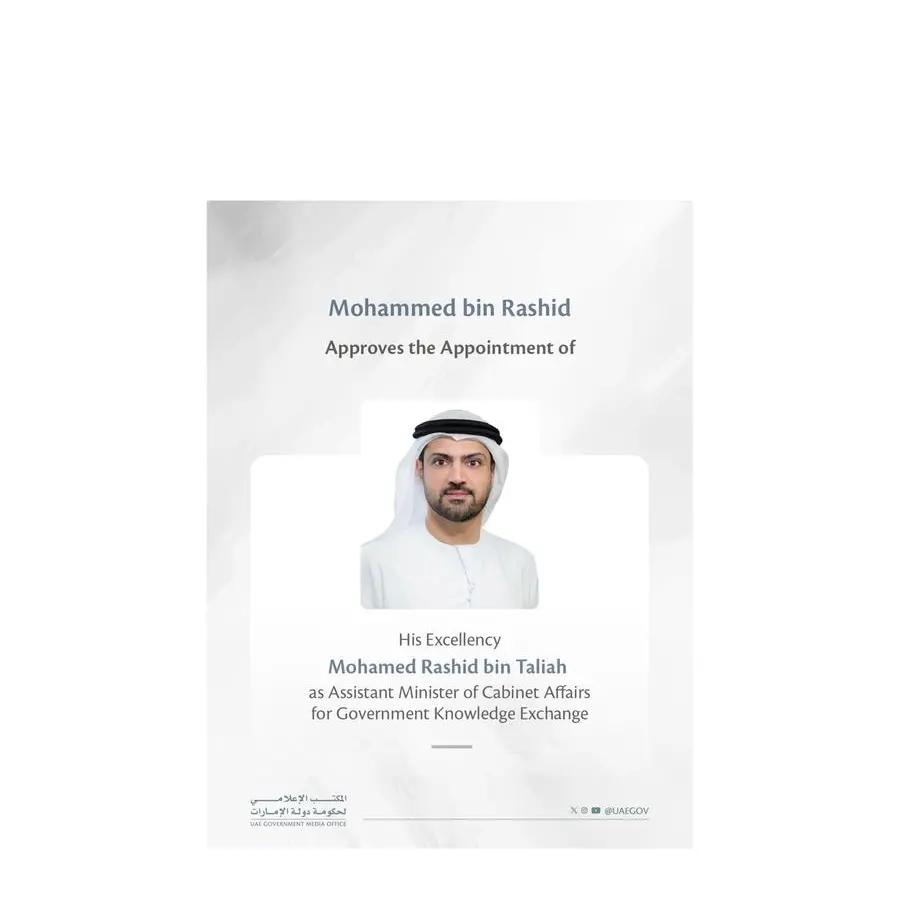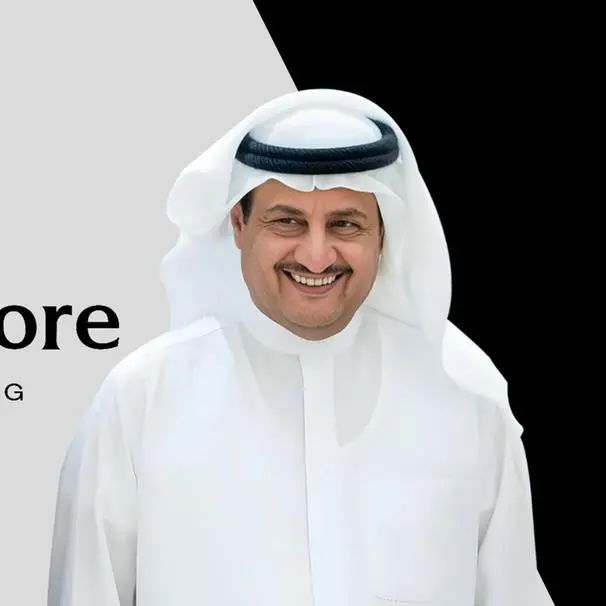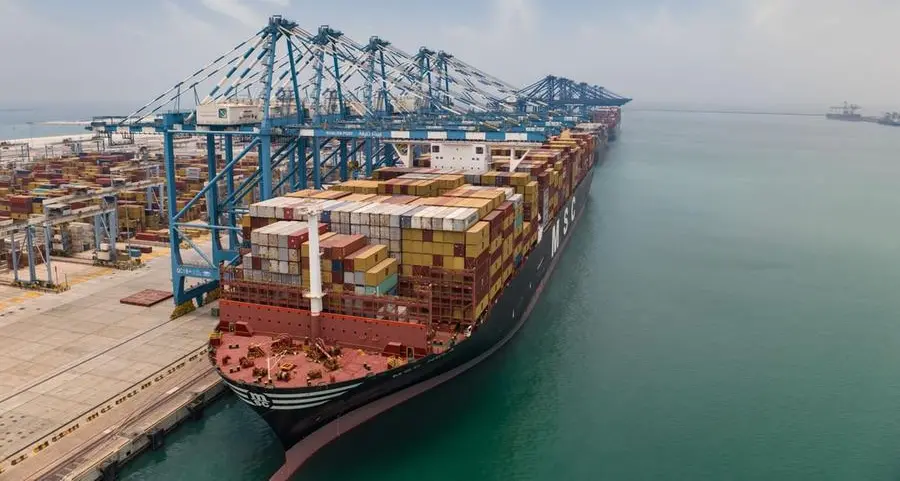PHOTO
- H.E. Al Olama: “The UAE has established a pioneering model in empowering nursing professionals and advancing innovative specialization systems.”
- H.E. Al Serkal: “We will continue to strengthen the UAE’s role in shaping the future of health professions and ensuring the sustainability of healthcare systems.”
- Dr. Sumaya Al Blooshi: “The report’s findings highlight the UAE’s progress in developing an advanced institutional framework for the nursing profession.”
UAE, Dubai: The Ministry of Health and Prevention (MoHAP) and the Emirates Health Services (EHS) hosted the regional launch of the State of the World’s Nursing (SoWN) report in the Eastern Mediterranean region in collaboration with the World Health Organization (WHO), during a virtual event attended by senior officials from MoHAP and EHS, and the WHO, as well as healthcare representatives from across the region.
The event, held in conjunction with the International Nurses Day being marked this year under the theme “Our Nurses. Our Future. Caring for nurses strengthens economies” provided a comprehensive review of the report’s findings and strategic recommendations. A regional panel discussion, was also held, bringing together nursing experts from various countries to discuss the future of the profession.
Report outcomes
H.E. Dr. Mohammed Salim Al Olama, Undersecretary of the Ministry of Health and Prevention, said that the findings and recommendations of the report will provide a strategic roadmap for developing the nursing profession at the regional level, strengthening its fundamental role in achieving universal health coverage.
Al Olama noted that the UAE was actively involved in the preparation of the first report, launched in 2020, and utilized its recommendations to create a clear roadmap within the framework of the National Strategy for Nursing and Midwifery 2022-2026.
His Excellency stated: “In its second edition, the report offers a comprehensive, forward-looking perspective on the nursing workforce. The UAE’s role, leading the launch of the report in collaboration with the World Health Organization, is an international recognition of our unique model, which has successfully turned challenges into innovative opportunities, leading to significant progress in advancing the profession and empowering our healthcare workforce.”
H.E. Al Olama added: “further solidifying our role as an active player in shaping the future of the profession and guiding professional development in the health sector across the region.”
His Excellency concluded by stressing that the National Strategy for Nursing and Midwifery is built according to global best practices while utilising advanced technologies to support professional development. This includes a national nursing leadership programme and a fully integrated digital platform for continuing education, both of which aim to boost the competitiveness of our healthcare system and contribute to achieving the goals of 'the Year of Community 2025' by promoting quality of life and strengthening social cohesion.”
UAE partners in shaping the future of nursing
H.E. Dr. Yousif Mohamed AlSerkal, Director-General of Emirates Health Services said: “The UAE’s hosting of this landmark event in collaboration with the World Health Organization reaffirms its leading position in driving the development of the nursing profession regionally and globally. It also marks a proud milestone in a national journey defined by excellence and commitment, an extension of the visionary guidance of our wise leadership in positioning the country as a key partner in shaping the future of health professions and advancing the sustainability of healthcare systems, in line with the Sustainable Development Goals and the 'We the UAE 2031' vision.”
He added: “The UAE has long recognized the pivotal role of nursing as a cornerstone of resilient health systems. Through progressive national policies, long-term investment in education and capacity building, and a future-focused vision, the country has consistently supported the nursing workforce. At Emirates Health Services, we remain firmly committed to empowering nurses and aligning our efforts with national and global priorities to ensure a high-performing healthcare system, driven by our belief in the essential role of nurses in shaping the future of healthcare.”
Advanced organizational model for the nursing profession
Dr. Sumaya Al Blooshi, Head of the National Committee for Nursing and Midwifery in the UAE, Director of Nursing Department at Emirates Health Services and President of Emirates Nursing Association, said: “The second State of the World’s Nursing Report 2025 holds significant importance, as it reflects a shift in the global perception of the nursing profession and growing recognition of nurses as key partners in shaping the future of healthcare. The UAE’s hosting of the report’s launch event demonstrates its remarkable journey in establishing an advanced institutional model for nursing, one built on scientific foundations, high professional standards, and rigorous quality benchmarks, along with a steadfast commitment to the continuous development of the national nursing workforce.
She added: “In line with this commitment, Emirates Health Services continues its efforts to support the nursing workforce and ensure that its practices align with strategic directions aimed at developing and sustaining health human resources, strengthening the health system’s readiness to meet future challenges, in alignment with the wise leadership’s vision of empowering nurses as key contributors to a future-ready healthcare sector.”
SoWN Report overview
The SoWN Report 2025 offers a comprehensive analysis of the nursing workforce and its role in promoting universal health coverage and the Sustainable Development Goals (SDGs). The report highlights significant challenges facing the sector, including a projected global shortage of 4.1 million nurses by 2030, with 70% of the shortage concentrated in Africa and the Eastern Mediterranean regions.
It also points to a striking global disparity in the distribution of nurses, with 78% of nurses serving only 49% of the world’s population, widening the gap between wealthy and low-income countries by a factor of 10 in nursing intensity.
The report assesses countries’ progress in terms of the development of regulatory frameworks for the profession, noting that 92% of countries have such frameworks in place and 62% have developed advanced nursing roles to improve efficiency and expand access to care, particularly in underserved regions.
The report outlines five key actions for policymakers: expanding nursing recruitment, developing evidence-based retention policies, promoting high-quality education while addressing teaching cadre shortages, improving working conditions and ensuring fair wages, empowering nursing leaders and integrating them into health decision-making, and addressing emerging priorities for 2026-2030, such as advanced nursing and digital health.
The report concludes by emphasising that investing in nursing does more than strengthen health systems; it stimulates economic growth, creates quality jobs, and boosts women's participation in the labour force. It also calls for the adoption of digital tools and artificial intelligence to modernise the profession and address evolving health challenges, thereby contributing to The Sustainable Development Goals 2030.
